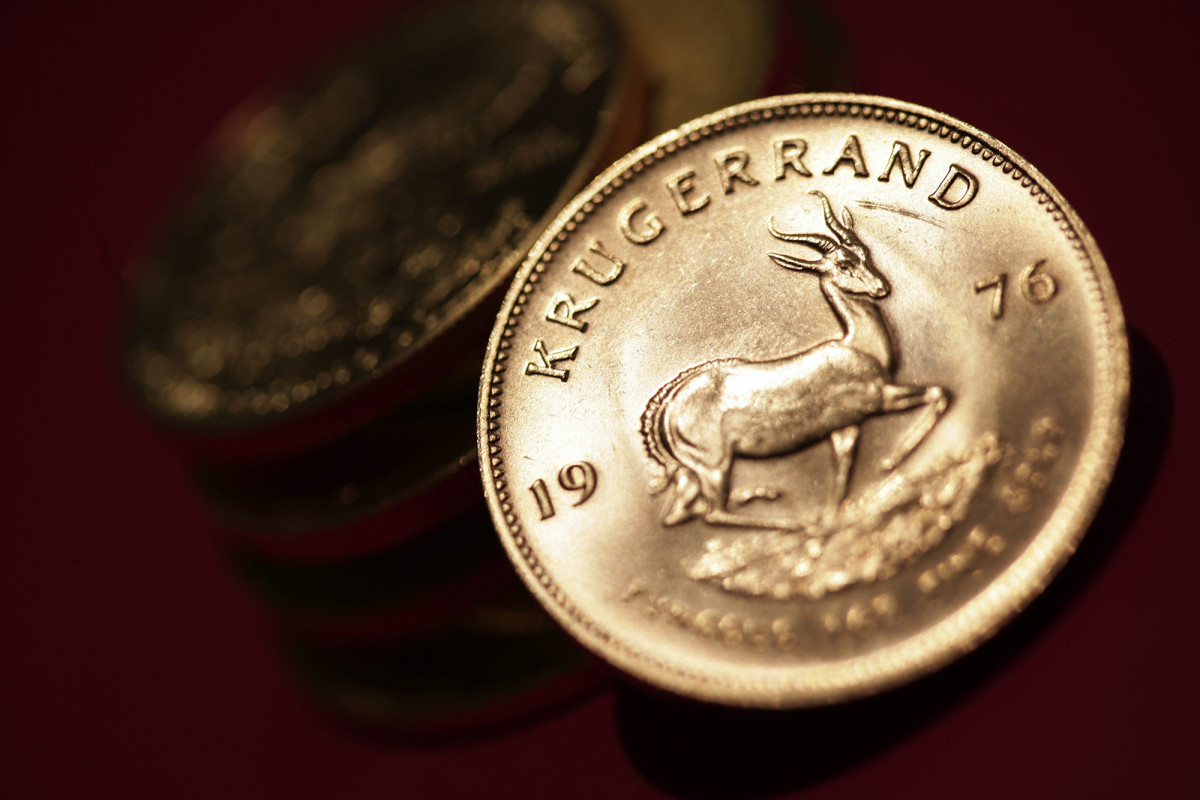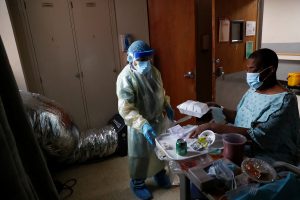The English appear to have developed a green thumb for archaeological treasures while in quarantine.
Trapped in the coronavirus lockdown, many British gardeners had far more time to tend to their plants this year — likely the reason for the surge in treasures the British Museum reported during the pandemic.
“The current COVID-19 pandemic has seen a boost in finds from back-gardens,” the London institution announced this month in a press release. The increase happened “especially during ‘full lockdown’ (22 March to 13 May) when metal-detecting was prohibited and in the second ‘lockdown’ (from 5 November), with restrictions on how people exercise.”
So far this year, more than 47,000 finds have been recorded by the museum. Standouts among these include 50 solid gold South African Krugerrand coins minted during apartheid and found this year in a Milton Keynes yard (“How they ended up in Milton Keynes and why they were buried is, for the moment, a mystery”); 63 gold [coins] and one silver coin dating from the late 15th to early 16th centuries, including four coins bearing the initials of King Henry VIII’s wives Catherine of Aragon, Anne Boleyn and Jane Seymour (uncovered by New Forest area residents weeding their garden); and a copper-alloy Roman furniture-fitting dating from approximately 200 A.D. and bearing the “remarkably well-preserved face” of the god Oceanus.
These and more than a million other finds are logged in the museum’s online database, called Portable Antiquities Scheme.
The UK has very specific definitions of what constitutes “treasure,” and those who find it are legally obligated to report their discoveries to local officials.
A Treasure Valuation Committee then determines the object’s worth and “how much will go to anyone eligible for a share of the find,” and museums are given a right of first refusal to display it. Archaeologists are specifically “not entitled to a share of any reward,” nor are bad-faith actors who, for instance, trespassed to acquire the treasure.



















